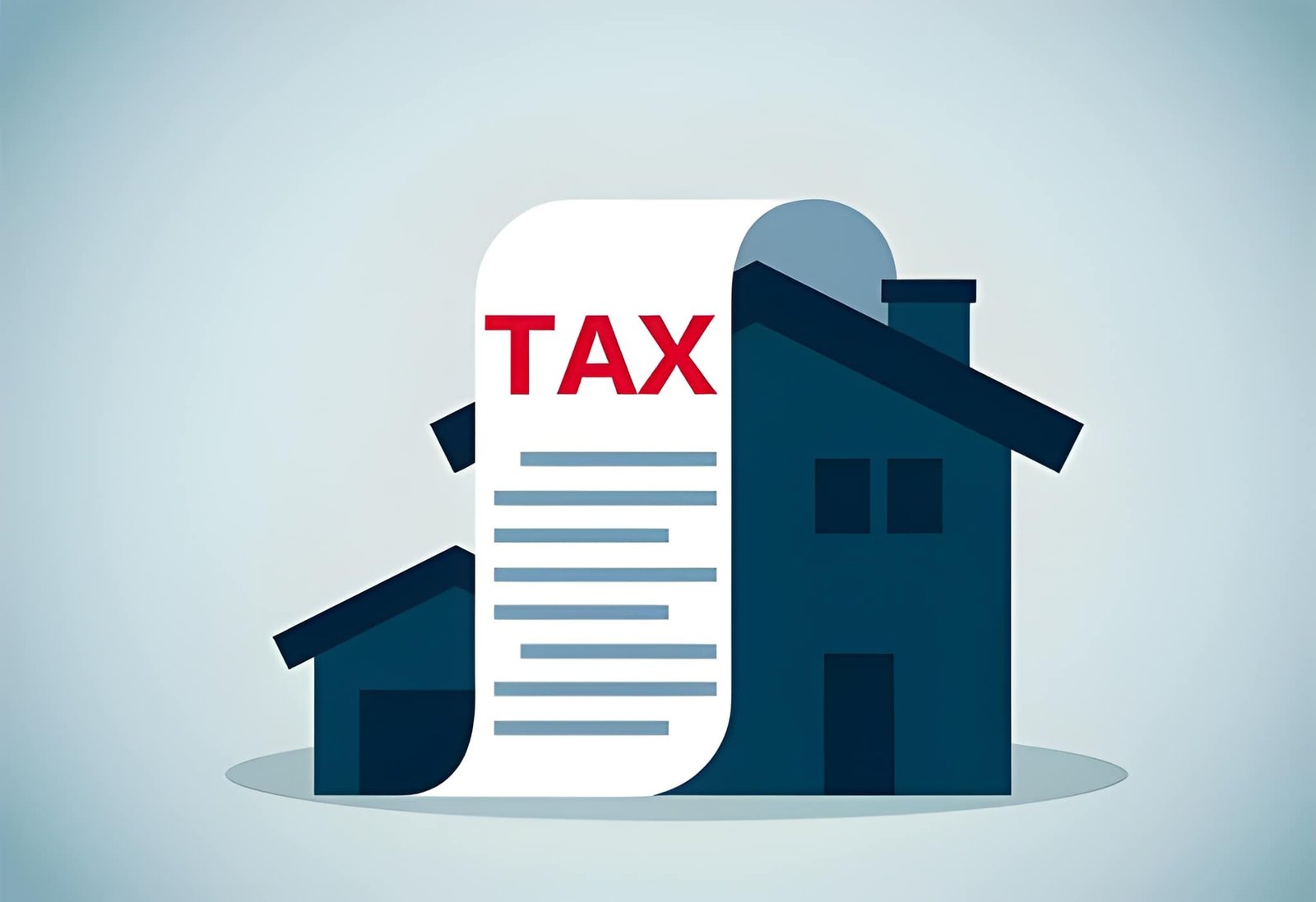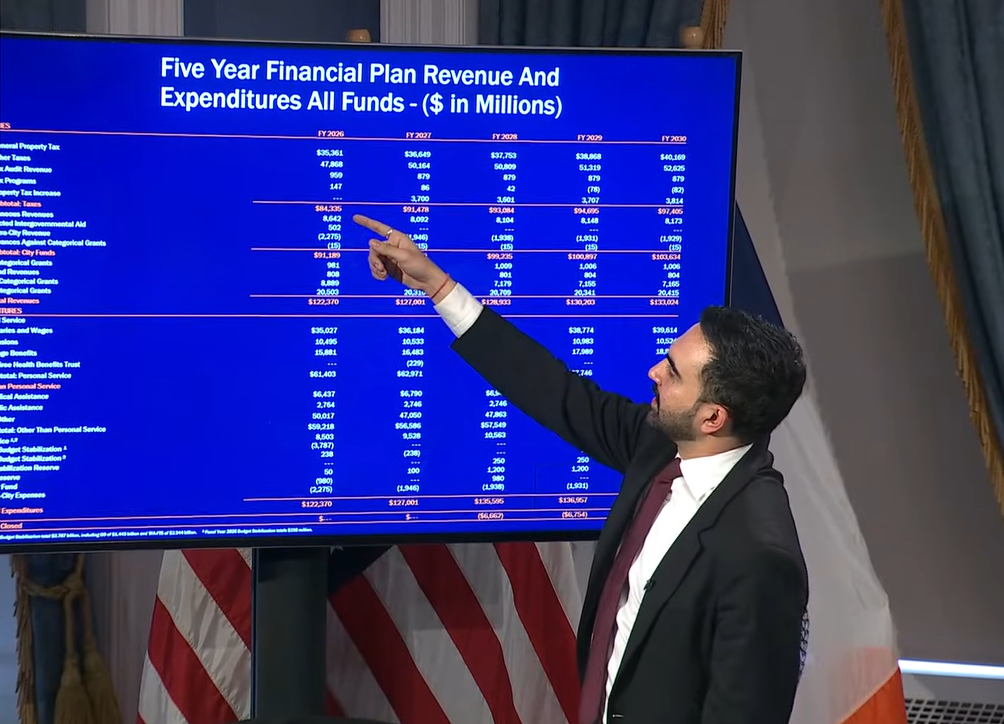Property taxes are still a major concern for New Jersey voters, with 79 percent reporting an increase in their tax bills.
That perception reflects the reality that average bills increased nearly 4 percent statewide last year.
A poll released Sunday by the Stockton Polling Institute found that nearly one quarter, 23 percent, of the likely voters polled identified property taxes as their top priority. Residents were similarly concerned about jobs, which 24 percent said was their top issue.
“Money matters most: taxes, the economy and jobs are the top issues New Jerseyans care about,” said Daniel J. Douglas, Director of the William J. Hughes Center for Public Policy at The Richard Stockton College of New Jersey.
According to the state Department of Community Affairs, the average total property tax bill rose 3.6 percent to $7,307 in 2012. That came despite virtually no change in the average total tax rate of 3 percent.
Locally, Atlantic and Cumberland counties saw the greatest tax bill increases last year. Atlantic County residents paid $250 more on average in 2012 compared to 2011, while Cumberland County residents paid $156 more.
Those figures include all of the taxes property owners are responsible for, including county, municipal and school district taxes. The increases came despite Gov. Chris Christie’s widely publicized 2 percent cap on local tax increases.
Among those surveyed, 39 percent said their taxes had gone up “a lot,” while 40 percent reported “a little” increase. Only 5 percent said their taxes had decreased.
Other top issues on the minds of voters included taxes in general, at 12 percent; the economy, with 9 percent; and education, with 5 percent. No other issue received more than 3 percent.
Pollsters surveyed 741 likely voters from June 8-13 via both cellphones and land lines. The survey has a margin of error of 3.6 percent.
Residents held an overwhelmingly unfavorable opinion, 62 percent, of the state Legislature. About 30 percent approved of its job performance.
“State legislators can take some solace from the fact that their overall job performance rating, while quite low, is higher than that of the United States Congress, which gets favorable ratings from only 10 percent of New Jerseyans,” Douglas said.
Those surveyed were split about evenly in their support for Democratic and Republican legislative candidates, with 36 and 35 percent respectively. Seven percent said they would split their vote and 19 percent were unsure or supported another candidate.
The results of other poll questions included:
– 73 percent support and 21 percent oppose raising the state’s minimum wage from $7.25 to $8.25 per hour.
– 53 percent favor and 32 percent oppose requiring the state use $200 in existing tax revenues for open space.
– 55 percent support and 31 percent oppose allowing terminally ill patients to end their lives.
——————
Copyright 2013 – The Press of Atlantic City, Pleasantville, N.J.
Thanks for reading CPA Practice Advisor!
Subscribe Already registered? Log In
Need more information? Read the FAQs
Tags: State and Local Taxes, Taxes



